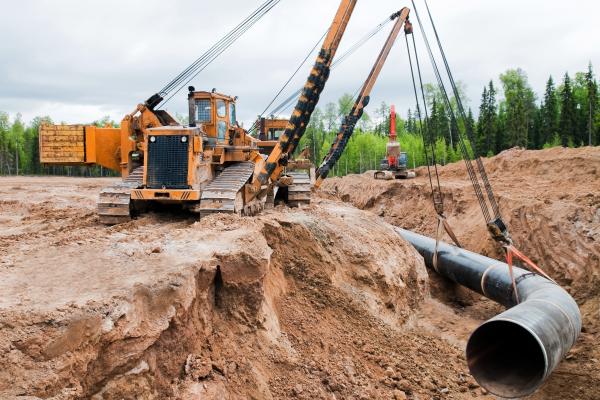Sep 9, 2016
An effort by the Standing Rock Sioux Tribe to stop the construction of a four-state Dakota Access oil pipeline was denied by a federal judge on Sept. 9, according to the Chicago Tribune.
Shortly following the court decision, the U.S. Department of Justice, the U.S. Army, and the U.S. Department of the Interior issued a joint statement ordering suspension of the construction of the pipeline.
Read the Full Article

Already a subscriber? Login
